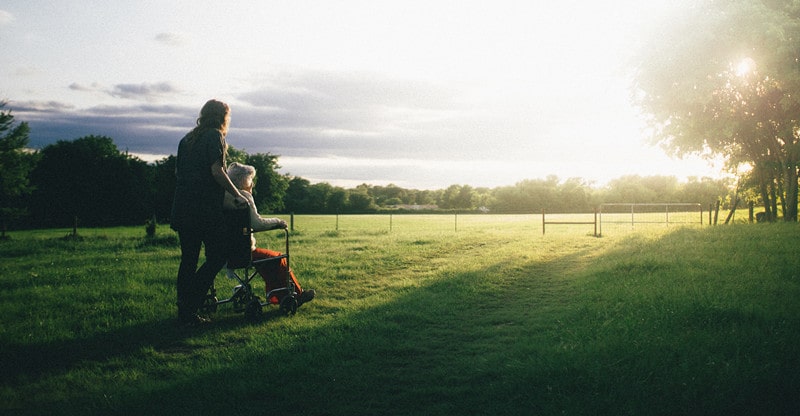Nursing Home Malpractice? What You Can Do
Unfortunately, many of us experience a time in life when our loved ones grow older and can no longer care of themselves as they once did. As a result, we must make specific decisions regarding their care.
For many people, concern over their loved one’s health and well-being means putting them in a nursing home.
While you trust that these facilities are safe for your loved ones, severe problems may ensue in the form of nursing home malpractice. This takes on many forms, including but not limited to abuse and neglect. You should recognize what rights you have if your loved one is suffering in a nursing home.
You should know how to get evidence to help support your claims. A skilled nursing home lawyer in South Carolina suggests documenting the incident and photographing any visible signs of abuse to help build your case against the nursing home. Having specific evidence allows you to come prepared when filing a claim for malpractice.
What is Nursing Home Abuse?
Nursing home abuse can come in many forms, but the most prominent are physical, mental, and financial. Here’s what you should know about each:
- Physical abuse: Any abuse where your loved one is physically harmed due to the actions of another resident, a nursing home employee, a family member, or a visiting doctor. Physical abuse can include punching, pushing, slapping, scratching, etc.
- Mental abuse: Mental abuse comes from threatening or otherwise degrading the patient. When a staff member or other resident causes your loved one to fear them or otherwise feel uncomfortable, this constitutes as mental abuse.
- Financial abuse: Financial abuse can occur when someone your loved one trusts with their finances violates that trust. This includes forging signatures on checks, accessing bank account information, or stealing cash from your loved one.
What is Nursing Home Neglect?
Just because the nursing home is not physically, mentally, or financially abusing your loved one doesn’t mean they are not suffering. Nursing home neglect occurs when the facility fails in its duty to provide your loved one with reasonable care.
Nursing home neglect most often comes in the form of malnourishment, failure to provide proper turn schedules, and ignoring fall risks.
Malnourishment often means your loved one is not receiving the food, medication, and other essential care they need to keep a proper weight and stay healthy.
Your loved one may be bedridden, meaning he or she cannot turn on their own. When this happens, the nursing home staff is required to provide a turn schedule to prevent pressure ulcers from occurring. If the staff fails to do so, your loved one can develop bed sores, which significantly impact the skin and tissue in the affected area.
Finally, your loved one may need help walking to the restroom or getting around the facility, receiving a fall risk label. Residents often receive wristbands indicating such, and staff members must do all they can to prevent a severe fall.
You never want your loved one to experience any kind of pain and suffering. However, if they do and a nursing home is at fault, you have the right to seek legal counsel. You can seek compensation for physical damages, as well as mental anguish. These are referred to as economic and non-economic compensation. An attorney can help you build a strong case to pursue justice.



